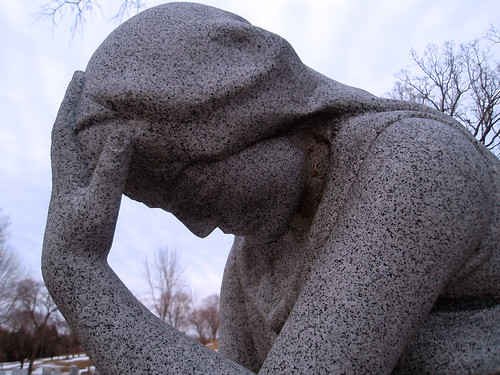We have a preliminary report of the progress being made following our ATFT Trauma Relief interventions this August in Byumba, Rwanda. We are attaching the draft that we received from Brother Augustine. The report sent by Brother Augustine, summarizes the reports sent in by each of the thirty-six therapists we trained this August. The therapist’s reports had to be translated from Kinyarwanda to English by Brother Augustine, and this report, attached, contains the responses thus far translated. It is a busy season now in Rwanda and we may get a more complete summary sometime early next year.
It is good to know that the thirty- six therapist the ATFT Team trained have treated 622 people since our departure at the end of August. That is in addition to the 200 plus persons treated by the Rwandan therapists while we were there. It seems that TFT is making a big difference in the lives of the therapist’s, in the lives of those whose lives the therapists touch, and in the larger communities in which they live.
Good work ATFT members! All of you have helped in some really significant way. Thanks especially to team members, Caroline Sakai, Gordon Barrett, Carmen Carrasco, Gary and Cyndie Quinn.
Happy Holidays!
Suzanne M Connolly, LCSW
ATFT Foundation Trauma Relief Committee Chairperson. Read more


